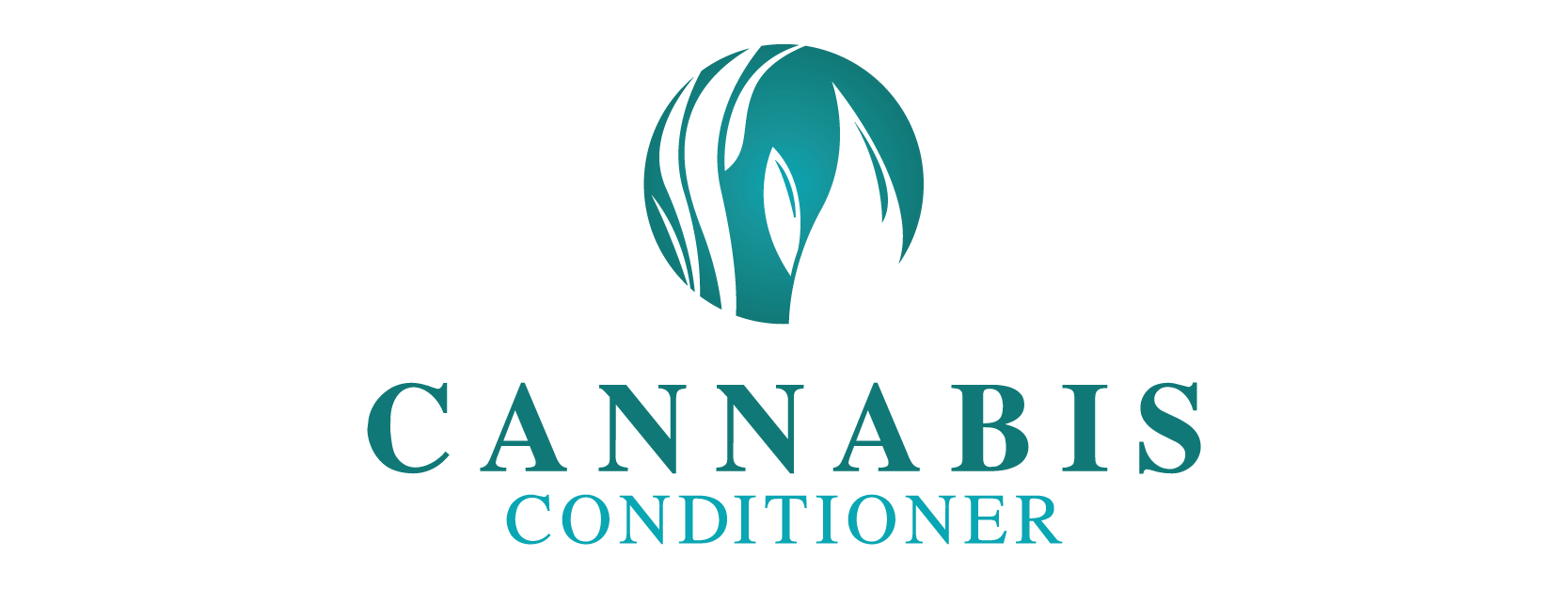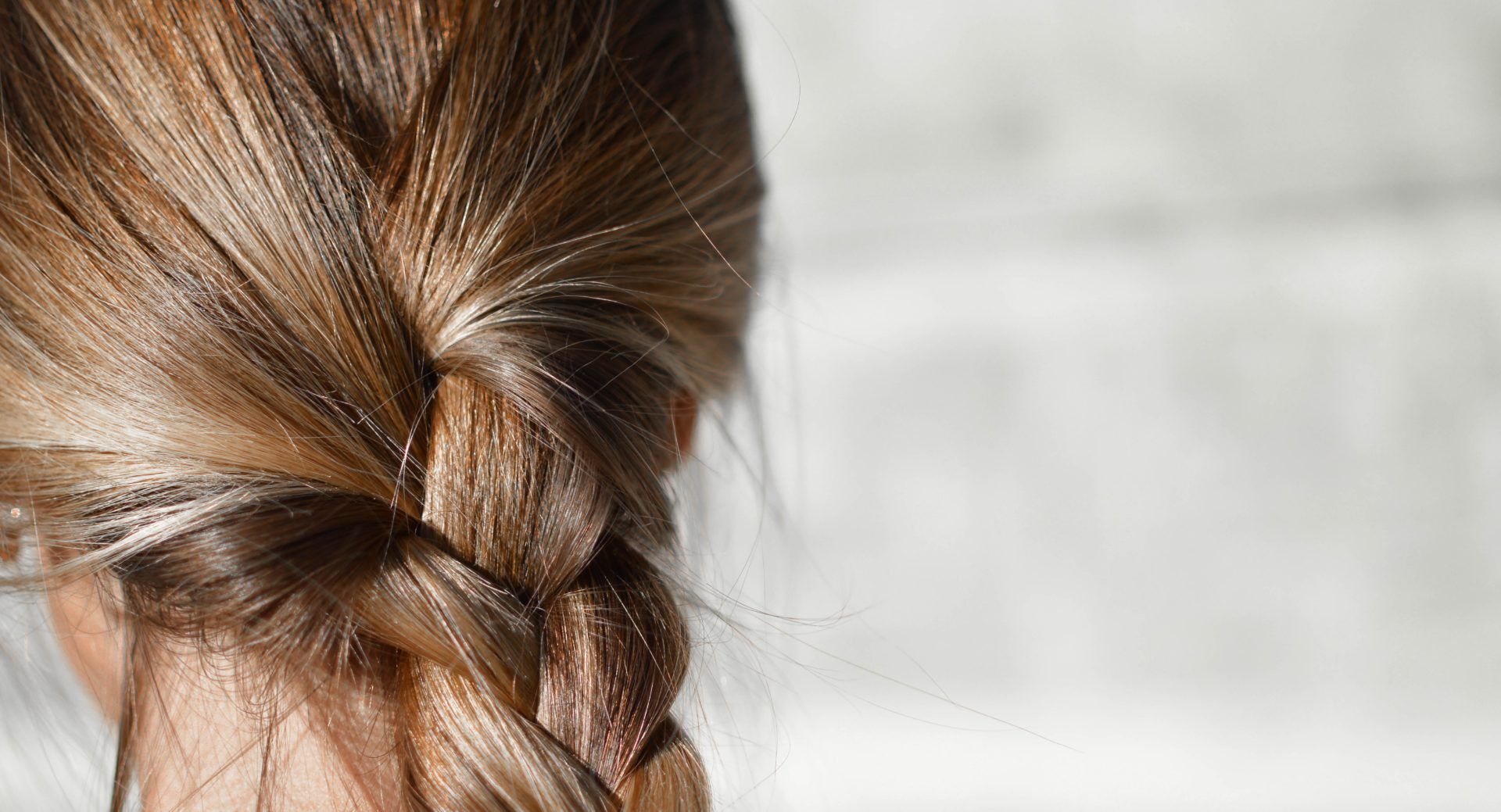CBD, short for cannabidiol, has become one of the most talked-about ingredients in beauty and wellness. From facial serums to body oils, it’s now making its way into shampoos and scalp treatments, promising thicker, fuller hair. But does CBD really help promote hair growth naturally—or is it just marketing hype?
Why Experts Think CBD Might Help
The connection between CBD and hair growth starts with the endocannabinoid system (ECS)—a network of receptors found throughout the body, including in skin and hair follicles. These receptors, known as CB1 and CB2, help regulate cell growth, inflammation, and hormone balance. CBD interacts with these receptors and also influences channels like TRPV1 and TRPV4, which affect follicle activity and the hair growth cycle.
Inflammation and oxidative stress are known culprits in hair thinning and loss. CBD’s anti-inflammatory and antioxidant properties could, in theory, help maintain a healthy scalp environment and support follicles through their natural growth phases. Some lab studies even suggest CBD might enhance Wnt signaling, a biological pathway associated with hair follicle regeneration.
What the Research Shows
While promising, the research is still in its infancy. A small open-label study published in 2021 followed 35 adults with pattern baldness who applied a CBD-rich hemp extract daily for six months. On average, participants experienced a 93.5% increase in non-vellus (thicker) hairs, with no serious side effects. A follow-up study using a similar formula that also included other cannabinoids, peppermint oil, and menthol found similar results over six months.
However, both were case series—not randomized controlled trials. Without a control group, placebo effect, bias, and natural variation can’t be ruled out. Dermatologists reviewing the data emphasize that while these findings are intriguing, they are far from conclusive.
The Science Behind the Dose
Interestingly, the potential benefits of CBD for hair growth may depend heavily on dosage. At lower concentrations, CBD might inhibit CB1 receptors in a way that supports the hair growth (anagen) phase. At higher concentrations, it may overstimulate TRPV4 channels, which can trigger the regression (catagen) phase instead. In simpler terms, too much CBD could have the opposite effect, possibly increasing shedding rather than reducing it.
What Consumers Should Know
For now, CBD hair products should be viewed as complementary options rather than proven treatments. Unlike minoxidil or finasteride, which have well-established efficacy, CBD formulations still lack rigorous, large-scale testing. That said, topical CBD is generally considered low-risk when applied properly. Some users may experience mild irritation, redness, or itching, particularly if the product includes essential oils or other active ingredients.
Another concern is product quality. The CBD cosmetics market is largely unregulated, and third-party testing remains inconsistent. Choosing brands that provide certificates of analysis and transparent ingredient lists is essential for avoiding mislabeled or contaminated products.
The Bottom Line
Can CBD promote hair growth naturally? The evidence so far says maybe—but not definitively. Early findings are promising, and the biological mechanisms make sense, but the science simply isn’t there yet. For anyone curious to try CBD topicals, a thoughtful approach works best: choose lab-tested formulations, start with low concentrations, monitor progress over time, and consult a dermatologist before combining them with other treatments.
As researchers continue to explore how cannabinoids interact with the scalp and follicles, the next few years should reveal whether CBD truly earns its place among trusted hair growth solutions—or remains a wellness trend with potential yet to be proven.

